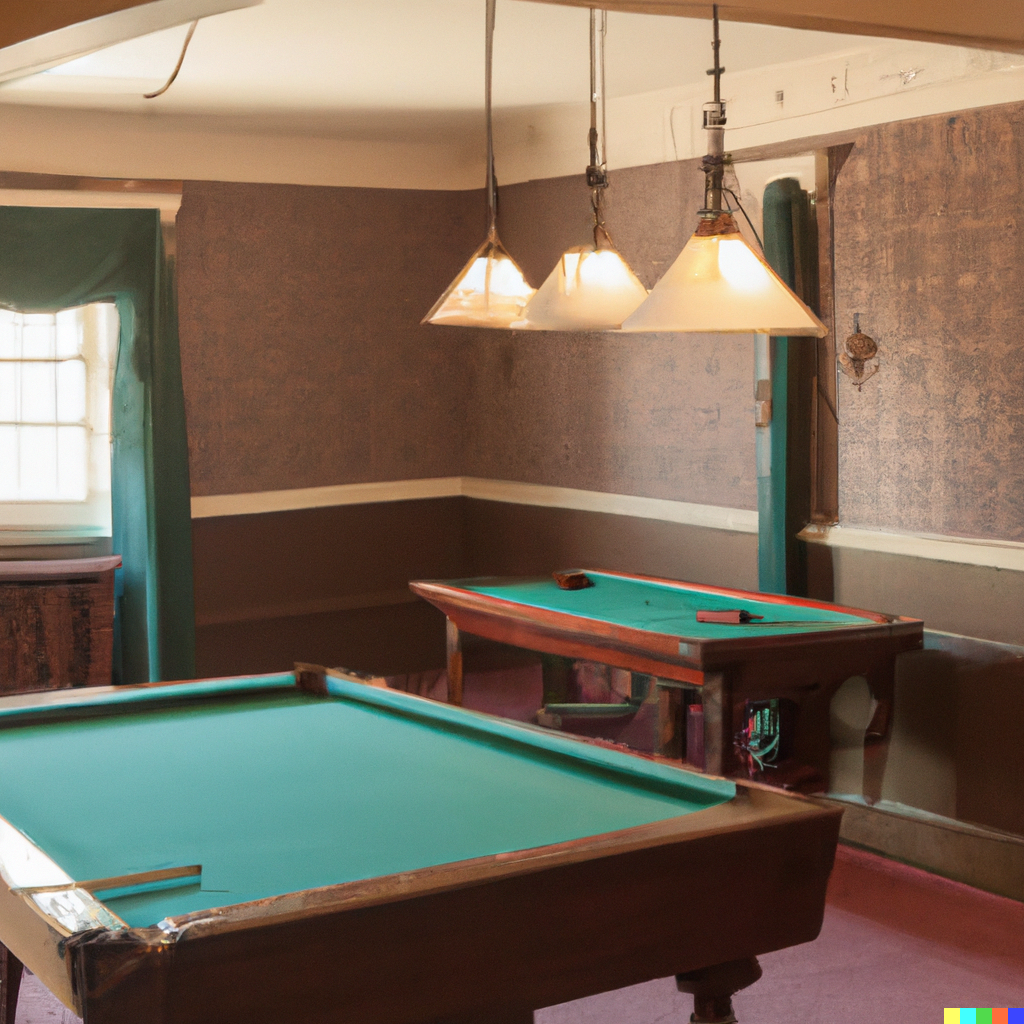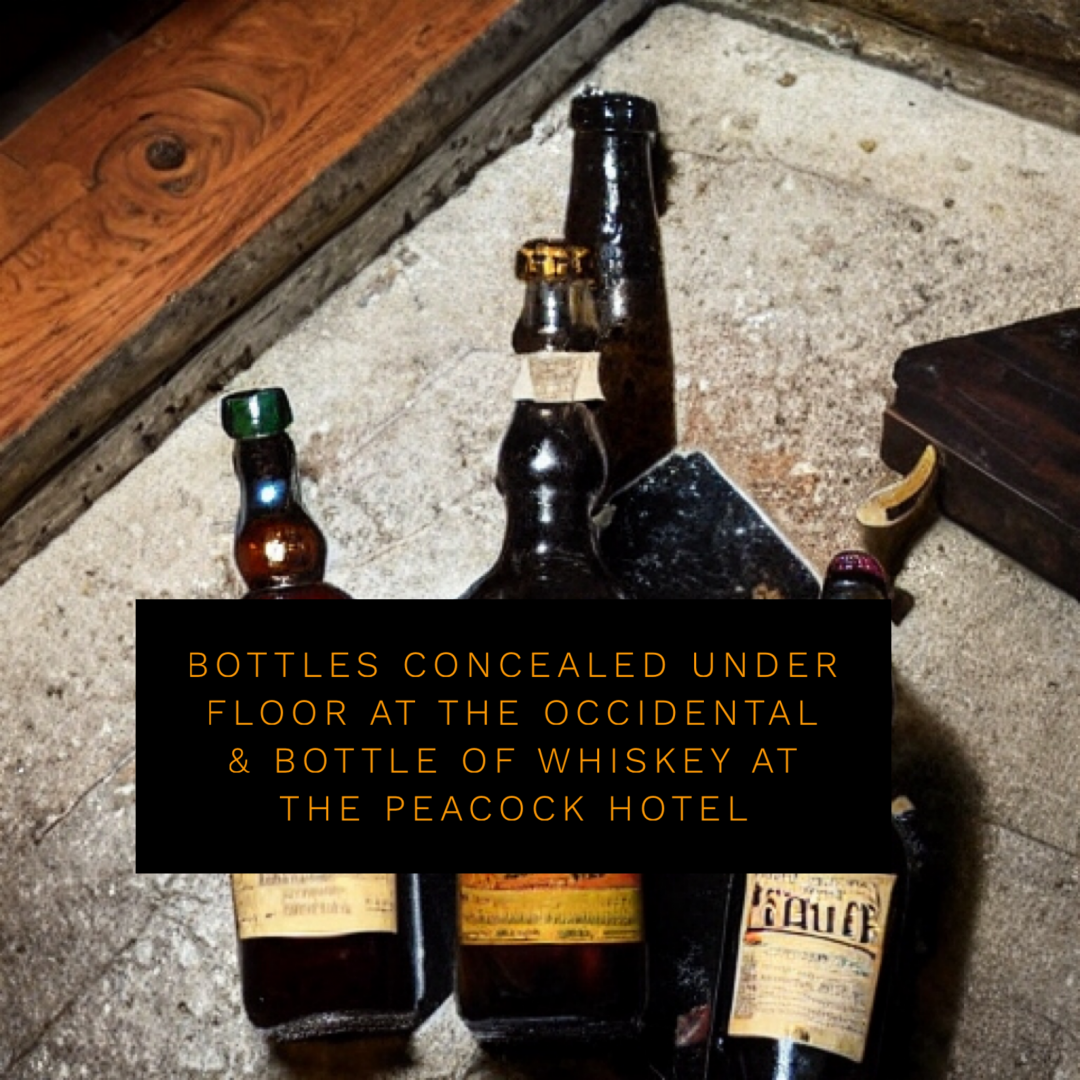In 1904, Attorney-General Gibson defended his department’s handling of the pool room at Toronto Junction in a lengthy statement during a Legislative address. He stated there was a a precedent where if betting occurred between patrons, prosecution of the case would result in failure. He acknowledged the clever design of the Junction room to align with that decision.
“It is known that there is a joint stock company, incorporated by letters patent, under the name of ‘The Toronto Junction Recreation Club, Limited.’ This club has a large membership, the fee being twenty-five cents per fortnight. The club premises are at the corner of Dundas street and the Weston road. The usual furnishings, billiard tables and other paraphernalia of a reading and recreation club are present.
“It has been impossible to procure evidence on which to base a satisfactory case against the Toronto Junction and special officers have been employed at considerable expense without being able to disclose such a state of facts as would bring the case.”
A thought about the original article the Globe article that brought this post to this blog was written in an era that had a different news reporting element. In the past, newspapers had a stronger focus on delivering local news. The writing was often driven by genuine curiosity about the community and a commitment to keeping local people informed about events, individuals, and occurrences that were genuinely interesting or relevant to their daily lives. Local newspapers served as the heartbeat of a neighborhood, chronicling the joys, challenges, and unique stories of the people who lived there. These stories weren’t crafted solely to maximize readership or profit but rather to foster a sense of community and provide valuable information that enhanced the local experience.
The original article is below, which is part of that past.
The Globe Jan 26, 1904 Partial text of article
Attorney-General Gibson took the opportunity, in speaking on the address in the Legislature yesterday, of making a lengthy statement in denial of the charges that the department has been remiss in its duty in dealing with the pool room at Toronto Junction. He said the Canadian law on the subject was similar to that of England, and quoted from the decision in the Kempton Park betting case, where the case failed because it was found those who resorted to the place did their betting with one another. The Junction room, Col. Gibson said, was cleverly devised to come within the meaning of that decision. The Attorney-General spoke with feeling of the charges that had been made against him in connection with this case, and protested that he had endeavored to do his duty. In the remaining portions of his speech, which was not concluded, Col. Gibson presented new and vigorous arguments on the North Renfrew case and the calling of the House. Mr. J. J. Downey concluded his speech, touching on many points in a witty manner. Col. Gibson will conclude this afternoon, and will be followed by Mr. St. John. There is a prospect that the debate will last all this week, and probably into next week.
It has been impossible to procure evidence on which to base a satisfactory case against the Toronto Junction and special officers have been employed at considerable expense without being able to disclose such a state of facts as would bring the case.
The Junction Pool-room.
The Attorney-General said he felt some satisfaction in being able to make an explanation in connection with the so-called pool-room at Toronto Junction. References by the leader of the Opposition almost accused him of stilling or holding back prosecution. There were those who thought the Legislature had the right to legislate with reference to the matter of gambling. “Any prosecution of the so-called ‘pool-room’ ” said the Attorney-General, “must be taken either under sections 197 and 198 of the criminal code or under section 201. Section 198 of the code makes liable ‘everyone . . . who keeps. . . any common betting house.’ This, as defined by section 197, is (elements unreadable in original)
“The importance of the Kempton Park decision arises from the fact that the business at Toronto Junction, which has been under investigation, is undoubtedly designed, under legal advice, so as to come within the terms of that decision, just as the Kempton Park case was cleverly devised to evade the English act. It has been impossible to procure evidence on which to base a satisfactory case against the Toronto Junction and special officers have been employed at considerable expense without being able to disclose such a state of facts as would bring the case within Rex V. Haurahan.
The Known Facts. “It is known that there is a joint stock company, incorporated by letters patent, under the name of ‘The Toronto Junction Recreation Club, Limited.’ This club has a large membership, the fee being twenty-five cents per fortnight. It elects the usual officers, and makes the annual return called for by the companies act. There are minutes kept of the meetings and proceedings, the contents of which could doubtless be ascertained, if proceedings were taken by subpoenaing the Secretary. The club occupies premises at the corner of Dundas street and the Weston road, which were leased by the club about three years ago, but which it is reported have lately be purchased by the club from the proceeds of the accumulated membership fees. There are reported to be the usual furnishings, billiard tables and other paraphernalia of a reading and recreation club. It can undoubtedly be proved that considerable numbers of persons resort to the club rooms, chiefly from the city of Toronto, from day to day, for the purpose of betting and do bet on horse races dur- (elements unreadable in original) “It has been impossible, by the most careful efforts, to procure any evidence to show that any persons resort to the club who are not members, or that the betting which is done there is done by an officer or officers or persons having the government or management of the club with those who resort there. It is commonly reported that those who represent one A. M. Orpen are the persons who conduct whatever betting goes on there with those who resort there. In view of the care with which this business is conducted the inference is inevitable that if a charge were laid, the evidence would show that all parties to the betting in question are members of the club. Whenever any complaint has been made by any person, the Crown Attorney has offered to proceed on any facts they might submit, but in no instance has he been able to procure from persons so complaining the missing links of evidence to secure a true bill from a Grand Jury.”
Col. Gibson, in passing, said, much as he had said of the Junction pool-room, he would very much prefer to have the place closed up at Fort Erie where prize-fighting or sparring exhibitions had been carried on. He had taken what was considered a very high-handed course in ordering our officers to prevent prize-fights there under any name.
Duty Compelled Silence.
In concluding his references to the pool-room, Col. Gibson said he had long felt inclined to make a public statement of the difficulties of the prosecution, but had been deterred by the fact that a confession of the department’s weakness would have resulted in pool-rooms springing up all over the Province like mushrooms. That was the real reason he had been silent, but it had been more than an ordinary trial. The World practically said he stood in with the gamblers; even The Globe had practically echoed the same sentiment, and every hon. gentleman who had a spark of sympathy knew that (last line unreadable in original documents)



